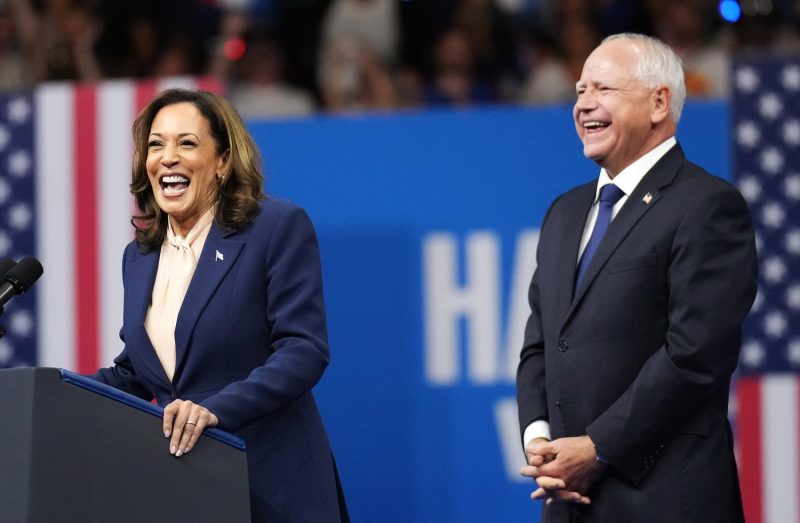While the International Brotherhood of Teamsters backed off from endorsing a candidate for the presidential race, some local Teamster branches went their way. They declared their support for Kamala Harris in the 2020 democratic primary. The national union’s reluctance comes from their reserved approach of gauging the best candidate based on policy stances favoring their workers.
California Democratic senator Kamala Harris, now one of the lead contenders for the Democratic bid in the upcoming U.S. presidential election, rallied home endorsements from Teamsters Joint Council 7 and Teamsters Local 396. These local Teamsters groups expressed overwhelming support, notwithstanding the contrary decision by the national union platform.
The discrepancy in actions between the national union and its local branches exposes a fascinating dynamic in the labour movement’s political arena. Traditionally, the endorsement process is a top-down approach, where national union heads call the shot, echoing down to local operatives. However, in an innovative twist, local Teamsters branches seem to be taking the bull by the horns.
What is especially intriguing about this situation is the context of the national union’s reluctance to endorse. The International Brotherhood of Teamsters (IBT), representing 1.4 million members across North America, has been holding town-hall meetings with leading Democrat contenders. Their intent is to familiarize themselves and their members with the candidates’ policy agenda, before making a final endorsement. The choice to abstain from endorsement until clearer policy plans emerge indicates the national union’s pragmatic approach.
On the other hand, Teamsters Joint Council 7 and Teamsters Local 396’s endorsement of Harris reflects their firm belief in the California senator’s platform. While some may argue this rush to pick a horse may be precipitated, these local groups have based their endorsements on Harris’s continuous activism for labour rights, living wages, and a fair work economy.
Harris’ repertoire of tangible pro-labor achievements didn’t go unnoticed. Her voyage through the political landscape, from San Francisco District Attorney to California State Attorney, and now a Senator, is marred with relentless advocacy for workers’ rights. As District Attorney, she cracked down on employers who exploited immigrant workers and took a strong stance against wage theft.
Harris’s vision for labour unions and her policy promises includes a commitment to increase teacher’s pay, and she has been an outspoken critic of the wage gap. It’s these progressive steps that have appealed to local Teamster organisations. Thus, while maintaining the symbiotic connection with the national union, these locals are carving out a much progressive, on-the-ground political approach.
This endorsement bypassing the national union, however, raises questions about both the unity and cohesion within the Teamsters. Unity is hallmark in labor movements, and rifts like these could impact their negotiation power. Moreover, the national union’s democratic process could be undermined by hasty endorsements. On the brighter side, if the national union eventually decides to endorse Harris, these local branches will stand vindicated in their early choice.
As the presidential campaigns are gaining momentum, this early endorsement by local Teamsters for Harris illustrates the political autonomy gained by local labour groups. It also underscores the need for presidential candidates to not only win the heavyweight national union endorsements but also build bridges with different local






























